Affiliate links on Android Authority may earn us a commission. Learn more.
Google does it best, and the EU ruling won't change that
Published onJuly 18, 2018
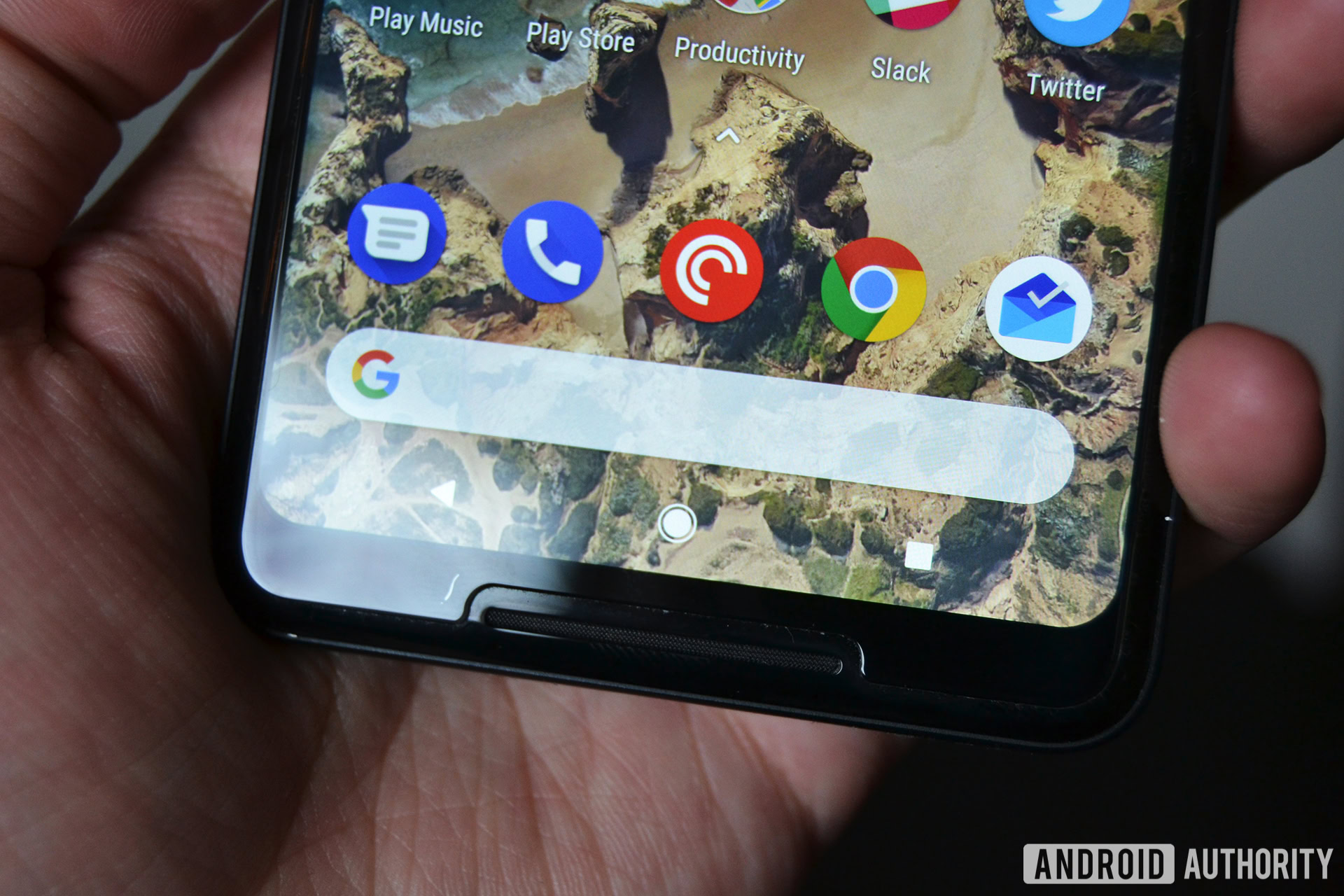
The European Commission’s enormous fine handed down to Google represents more than just a headline number. However, the overall demands won’t change Android as we know it, even if Google can’t successfully appeal the ruling.
What happened?
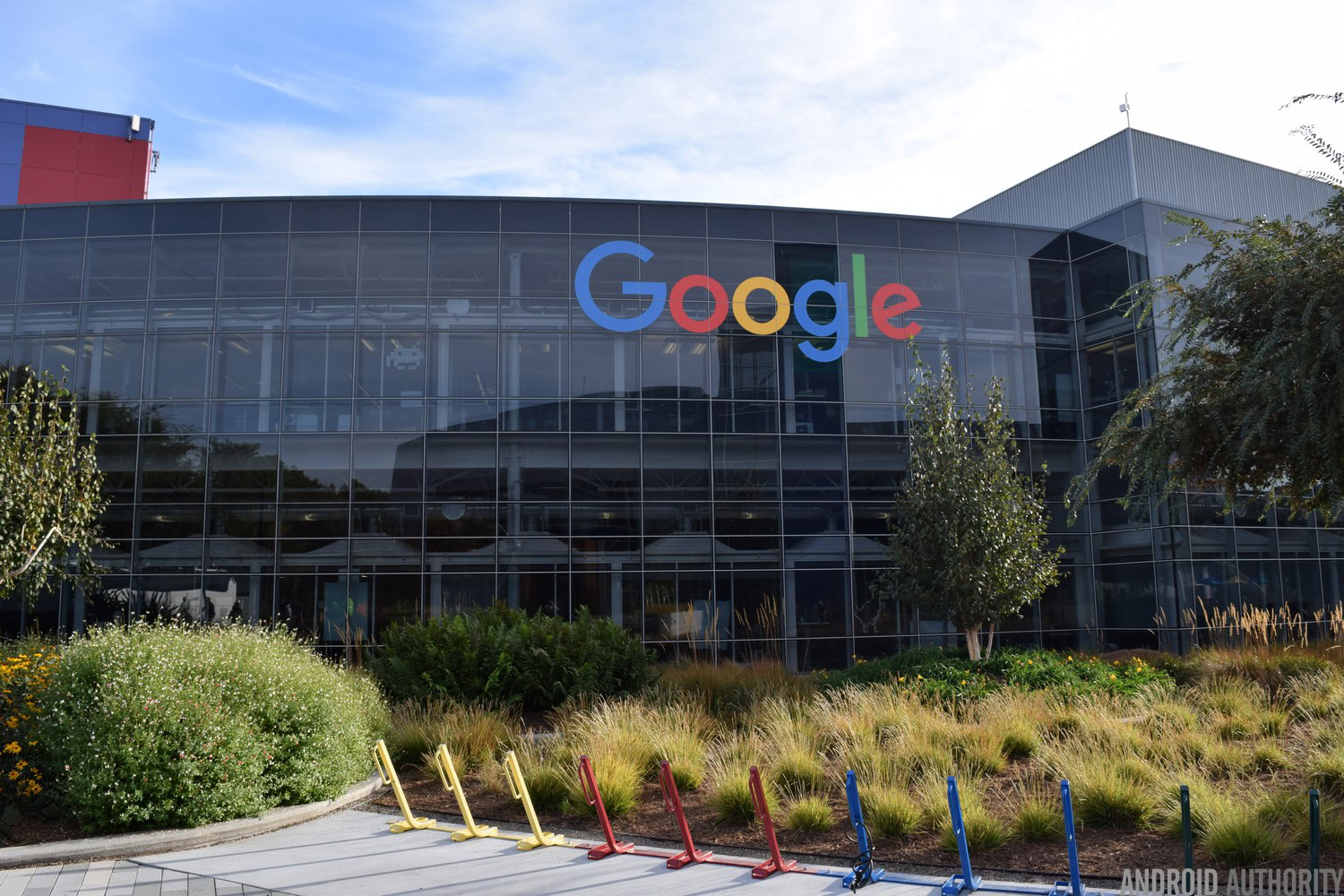
The European Commission, on behalf of the EU, today fined Google $5 billion and demanded the company change its business model. Specifically, this relates to three core areas around preloading its apps on non-Google Android devices to support its internet search dominance.
“Google has used Android as a vehicle to cement the dominance of its search engine,” European Union Competition Commissioner Margrethe Vestager said in a statement. “These practices have denied rivals the chance to innovate and compete on the merits.”
The EU has effectively placed a 90-day ticking clock on Google to change their practices, or face accumulating penalties:
“Google must now bring the conduct effectively to an end within 90 days or face penalty payments of up to 5 [percent] of the average daily worldwide turnover of Alphabet, Google’s parent company.”
The EC continued:
“The decision does not prevent Google from putting in place a reasonable, fair, and objective system to ensure the correct functioning of Android devices using Google proprietary apps and services, without however affecting device manufacturers’ freedom to produce devices based on Android forks.”
Now many are asking if the EU is right, wrong, or playing with Trump-fuelled fire.
You may be wondering how this will change Android.
Probably not much — Google is just too far ahead.
Reality of the requirements
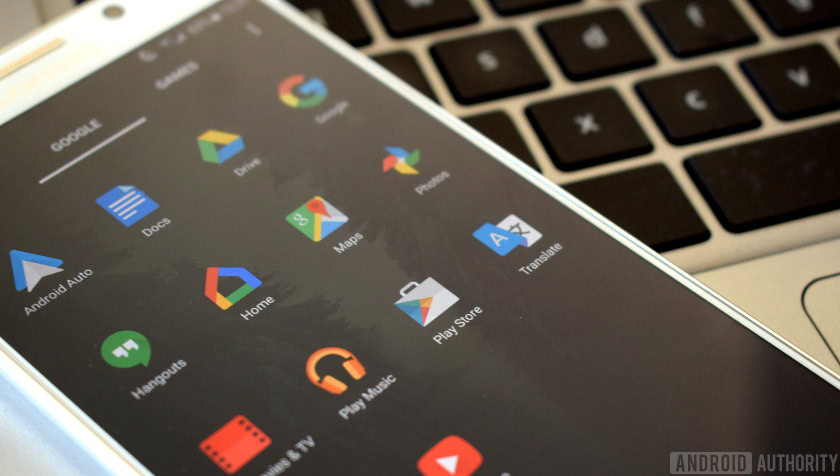
The biggest relief for Google is that crucially, the EU is making Google responsible for making the demanded changes. Google will be monitored for compliance, but the firm has escaped ongoing monitoring or stringent oversight of Android’s ongoing development. The EU also didn’t demand Google modify Android to forcibly suggest alternative search engines or browsers, another potentially major problem.
This is massive. It makes this case very different to the infamous Microsoft antitrust case 20 years ago. The fines made the headlines then as well, but the EU’s specific orders forced the firm to allow PC owners to choose a rival browser to Internet Explorer. This affected the entire business strategy for Microsoft moving forward.
The EU decision seeks to loosen Google’s grip on bundling services with Android, but doesn’t force Google to change Android to do it — only what comes with it.
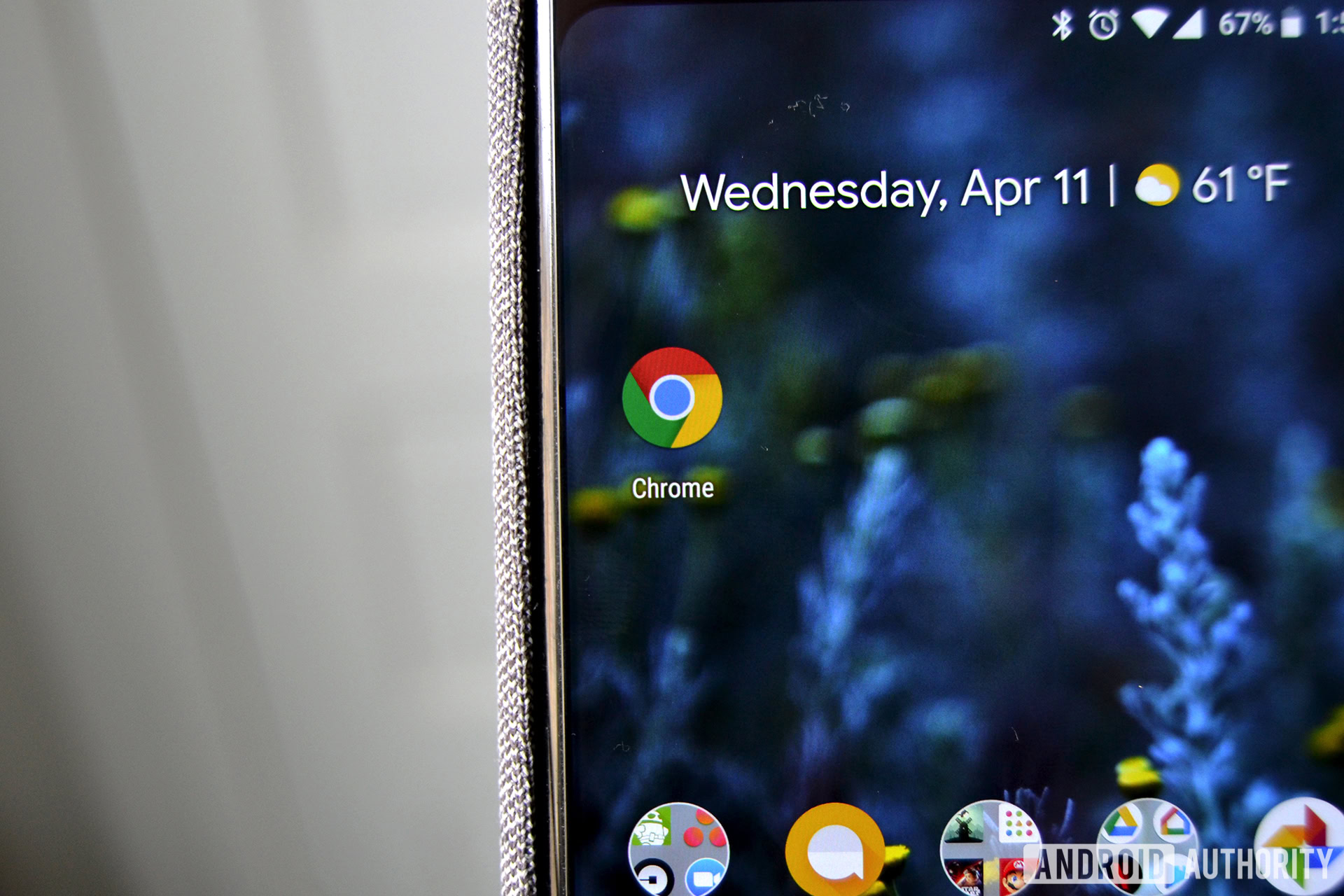
Phone manufacturers will now be able to decide what services they want to include — such as alternatives to Google Search and Chrome — rather than being forced to include Google’s apps. A manufacturer would also be able to offer a device with a forked version of Android, on a different development path to the “core” Android, if they elected to do so.
The EU’s ruling on forking Android is probably too late though. It is highly unlikely a phone manufacturer would choose to fork Android. An OEM like Samsung would be extraordinarily ambitious to try to sell a phone without access to the Play Store, and without apps like Google Search, Chrome, Maps, Gmail, Assistant. There are alternatives, but they’re not readily accessible for average users.
Google apps, above and beyond third-party apps, have been the major driver in creating an Android experience that just works out of the box, regardless of the device.
When Google does it best, it’s unstoppable
Google arguably does the best job with its services, making many of its apps the natural default choice. If a new phone offered Bing search over Google search out of the box, it would be rubbished for defaulting to a clear second-best option. By forcing manufacturers to do this, as the EU claims, Google ensures its dominance — Bing can’t get any better if no one uses it.
Google becoming the only viable option for so many apps was always the intent behind product teams working to make each app best in class:
The (simplified) cycle above isn’t true of every app the company makes. It’s had plenty of failures, like when it forcibly bundled the Google Duo app.
Despite the open-source nature of Android and the Android Open Source Project (ASOP), the company is in the same territory that saw Microsoft fined. The Google version of the app may be preferred in many cases, but that doesn’t mean having it pre-installed is fair.
In addition, Android remains rather unfriendly for installing apps outside of its curated store. The apk file system and tight root security provides protection for inexperienced users, but installing files outside of the Play Store environment is far harder than installing outside software on Windows and macOS.
Rebuttal and inevitable appeal
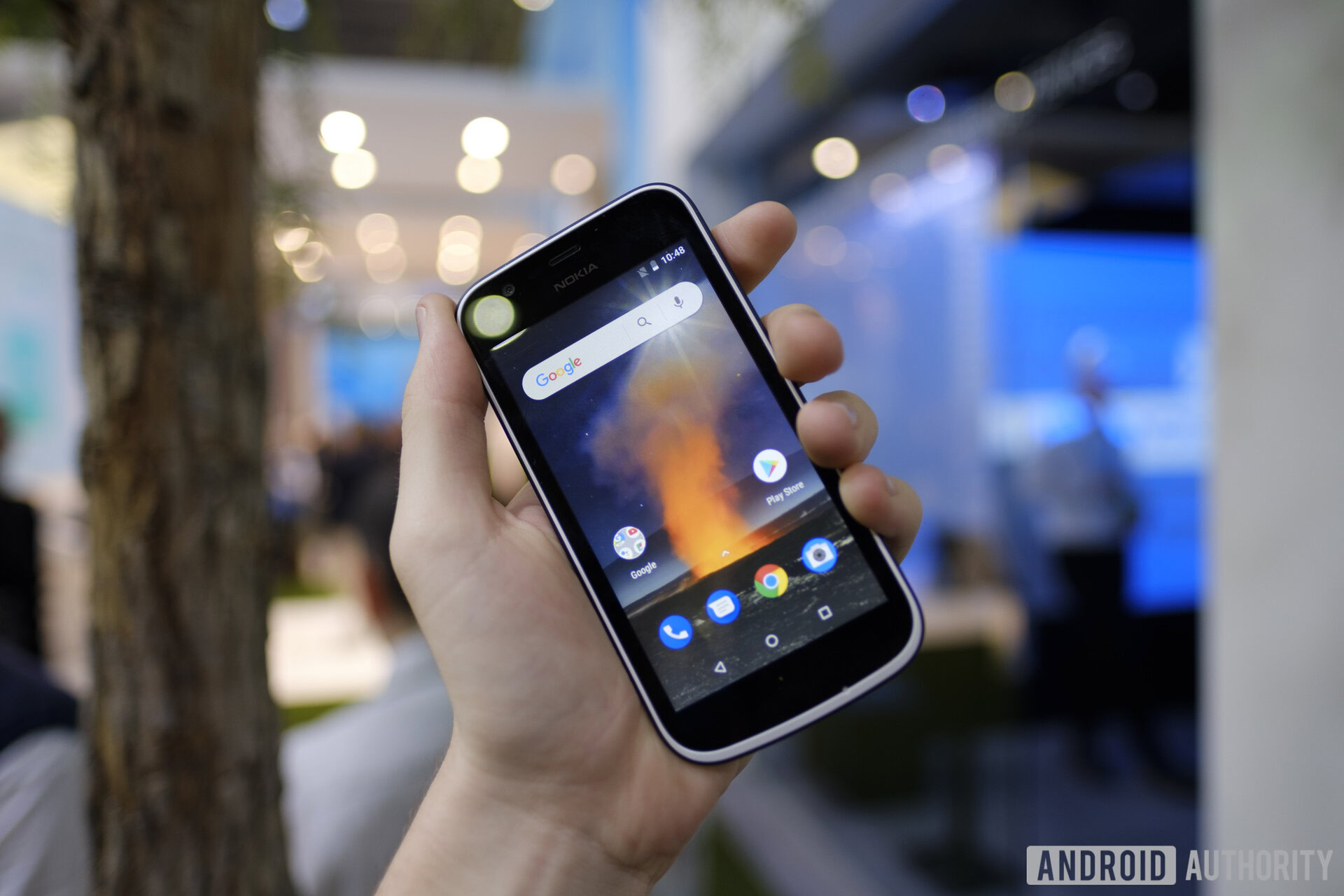
Sundar Pichai responded to the EU decision via the Google blog, noting the company’s intent to appeal the decision.
“Android has created more choice for everyone, not less. A vibrant ecosystem, rapid innovation, and lower prices are classic hallmarks of robust competition. We will appeal the Commission’s decision.”
Pichai claims the power of Android is that any alternative app can be freely downloaded, defending pre-installed apps and noting how easy they are to remove. However, Google surely understands having preinstalled apps on a device provides an advantage. Downloading an alternative is less likely if the utility is already provided.
Another political element swirling around this is the potential to ignite further EU-U.S. trade tension. The Trump administration has already been busy in this area.
Google’s intent to appeal the ruling will draw out this already long process even further. An appeal also almost certainly means Google won’t have to pay the fine or change Android until a final decision is reached.
The cold reality for the EU is that most Android users prefer Google search, Google apps, and the Google ecosystem. Alternatives just aren’t as good. Allowing competition out of the box may help new app developers find an audience, but it may just be too late.
Next: Google has seven messaging apps — here’s all of them and what they do